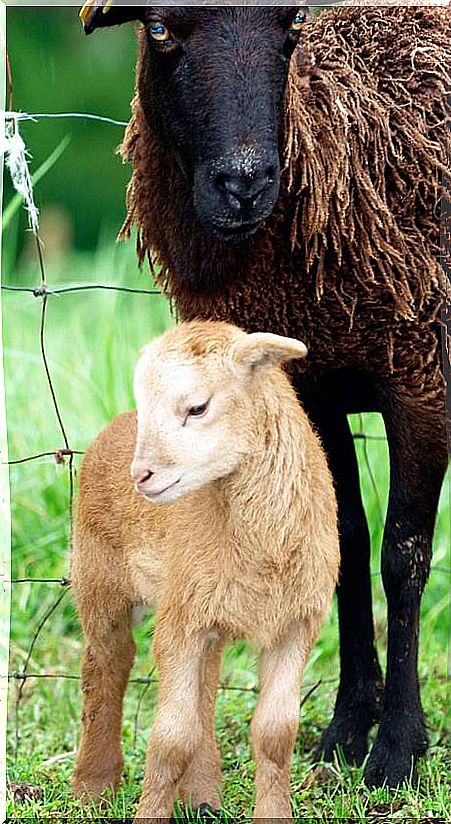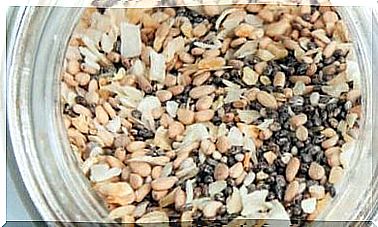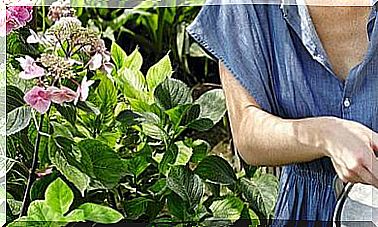Lamb For Christmas: Do You Know What It Means To Include It On Your Menu?
Around this time every year 1.5 million lambs are slaughtered in Spain, weaned prematurely in a practice that inflicts enormous suffering on them. There are alternatives!

When I was little, I spent the holidays on my paternal family’s farm. I grew up playing with pigs, chickens, cows, sheep, and lambs. Despite the annual pig slaughter on the farm, it wasn’t until I was 7 that I understood the connection between the animals I cared for and the ones I ate.
It happened on a December morning, Christmas Eve. I woke up and went out to the patio looking for my grandmother. What I saw broke my heart. The little lamb he had been playing with the previous days was dead, hanging from a hook, still bleeding. My grandmother explained to me that this lamb is the one we were going to eat at Christmas, and that was why it had been slaughtered. Through tears, I decided never to eat lamb again.
The consequences of our consumption of lamb at Christmas
The fate of that lamb is the same as that suffered by more than 1.5 million lambs in Spain during the Christmas holidays. It is one of the meats that most increases its consumption in this period. During these dates, according to MAPA data, lamb consumption increases by almost 50% and around 20% of certified lambs are slaughtered annually.
On these dates, the sale of suckling lamb is of special importance , which is the name given to those lambs that are slaughtered still without weaning, with less than 45 days of life.
The suffering of the lambs
Artificial weaning is a common practice on sheep farms. It consists of the forced termination of suckling, separating the calf and mother. This separation is one of the most stressful events in the lives of sheep and lambs. It affects your health and well-being. This is even recognized by the sheep industry itself, which analyzes how to avoid the consequences that this stress can generate in production.
Other painful practices that are performed without anesthesia in sheep farms are tail docking ( tail docking) or castration of lambs.
In addition to stress, lambs and sheep experience other emotions, such as fear, frustration, or pleasure. Furthermore, lambs have very good spatial memory and are able to learn basic tasks in just two trials.
This is reflected in the study Intelligence, complexity and individuality in sheep , which concludes that sheep have “a number of executive functions of the prefrontal lobe considered on a par with primates; a considerable ability to distinguish and identify the faces of other sheep, as well as humans; a range of simple and complex emotions; different personalities; and strong ties and mother-child relationships ”.
We have alternatives to lamb
In Spain, more than 10 million sheep are slaughtered annually. And, although the consumption of lamb meat has decreased by almost 6% in the last year, the total number of slaughtered lambs does not decrease, mainly due to exports.
Fortunately, it is becoming easier to leave lambs and other animals off our plates. Both on these dates and the rest of the year.
Today we have 100% plant-based foods for all palates. You can find plant-based alternatives even in large areas! Bet on a 100% vegetable Christmas menu.









